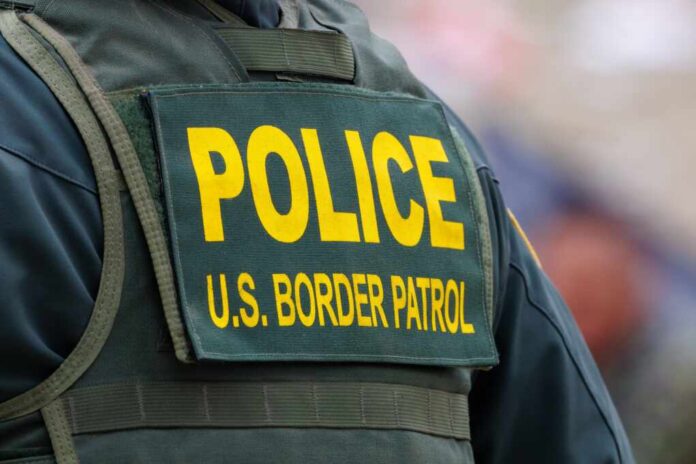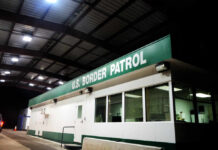
A federal judge has exposed Border Patrol Chief Greg Bovino for lying under oath about being struck by a rock to justify deploying tear gas.
Story Snapshot
- Federal Judge Ellis found Border Patrol Chief Greg Bovino lied about being hit by a rock before authorizing tear gas deployment
- Court imposed strict new restrictions on immigration agents’ use of force against protesters, journalists, and clergy at the border
- Judicial ruling directly cited Bovino’s dishonesty as basis for limiting federal agents’ operational authority
- Case highlights broader concerns about government accountability and constitutional protections during border enforcement operations
Federal Judge Exposes Border Chief’s False Testimony
Judge Ellis delivered a scathing rebuke of Border Patrol Chief Greg Bovino on November 6, 2025, publicly stating that the high-ranking official lied about being struck by a rock during a border protest incident. The judge’s findings emerged from legal proceedings that scrutinized Bovino’s justification for authorizing tear gas deployment against demonstrators. This rare judicial accusation of perjury by a federal law enforcement leader represents a significant breach of public trust and raises questions about Border Patrol’s operational integrity under previous administrations.
The incident occurred during heightened tensions at the U.S.-Mexico border, where protests frequently involve migrants, activists, journalists, and clergy members exercising their First Amendment rights. Bovino’s false testimony was intended to justify the use of chemical weapons against these groups, but judicial review revealed inconsistencies that exposed his deception.
Watch: Judge: Border Patrol commander lied about use of force
Court Imposes Restrictions on Federal Agent Authority
Following the revelation of Bovino’s dishonesty, Judge Ellis implemented strict new restrictions on immigration agents’ use of tear gas and other weapons against nonviolent actors at the border. These limitations specifically protect protesters, journalists, and clergy from excessive force during border enforcement operations. The ruling represents judicial intervention to prevent government overreach and ensure constitutional rights remain protected.
The restrictions will require Border Patrol agents to demonstrate clear justification before deploying chemical weapons or other force against nonviolent individuals. While border security remains essential for national sovereignty, these measures ensure that federal agents cannot abuse their authority or fabricate justifications for excessive force.
Implications for Border Security and Constitutional Rights
This case highlights the importance of maintaining both effective border security and constitutional protections for American citizens and legal observers. Conservative principles demand that government officials operate within legal boundaries and provide truthful testimony when questioned about their actions. Bovino’s deception undermines public confidence in federal law enforcement and provides ammunition for those who oppose legitimate border security measures by pointing to official misconduct as evidence of systemic problems.
The judicial ruling establishes important precedent for holding federal agents accountable while preserving operational effectiveness for legitimate border security missions. True conservative governance requires transparency, honesty, and respect for constitutional limits on government power. This case serves as a reminder that effective border enforcement must be conducted with integrity to maintain public support and legal authority necessary for protecting American sovereignty and security interests along our southern border.

























